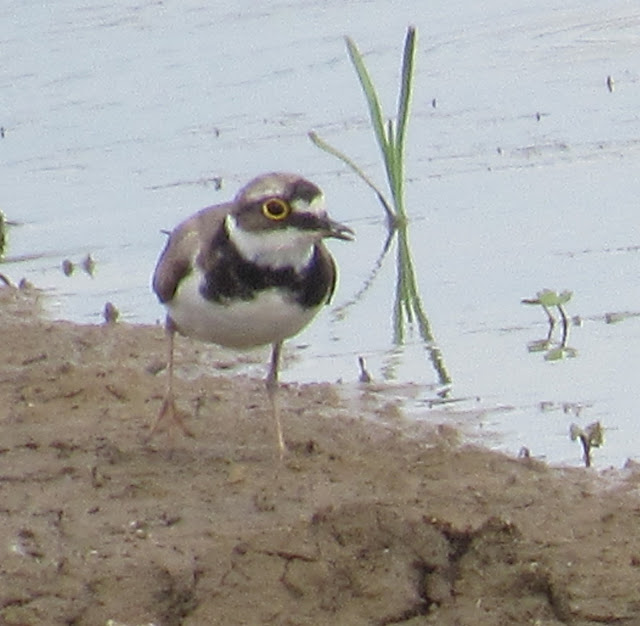THE imminent release of the latest 007 movie, No Time to Die, should provide a timely boost for American birder and journalist Jim Wright.
His book The Real James Bond explores the life of the ornithologist and adventurer, James Bond, who wrote Birds of The West Indies which remained in print for some six decades.
In 1952, novelist Ian Fleming, who lived in Jamaica, saw a copy of the book and decided to 'lift' the name of its author for his famous secret agent.
According to Wright, the real James Bond discovered the Bahama Nuthatch, now thought to be extinct, discovered the world's last document Eskimo Curlew and was pioneer of bird conservation in the West Indies long before the world woke up to the perils of habitat destruction.
The Real James Bond: A True Story of Identity Theft, Avian Intrigue and Ian Fleming is available from online retailers such as Amazon and ebay.
 |
| Jim Wright |
Meanwhile, Wright - himself an expert on the birds of New Jersey - will be talking about Bond in a live Zoom meeting on October 3 (details under the Calendar section) at wplprogramming@woodbridgelibrary.org




















